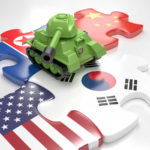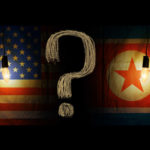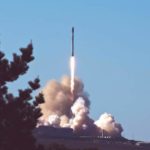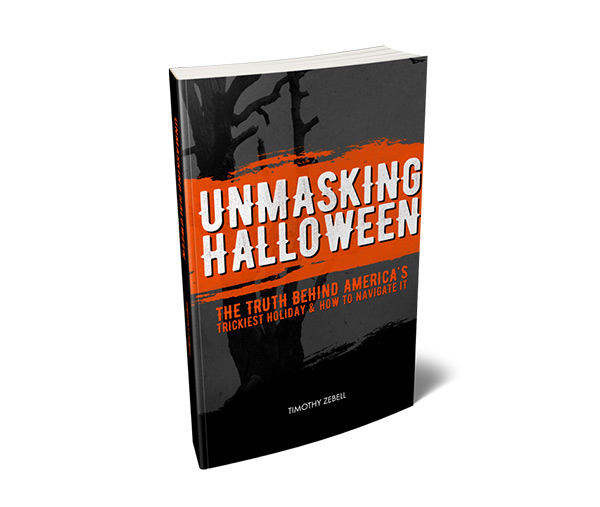“North Korea best not make any more threats to the United States. They will be met with fire and fury like the world has never seen.”[1] This chilling statement by President Donald Trump to reporters on August 8, 2017 evoked nuclear options only two days after the 72nd anniversary of Hiroshima. Hours later, the undaunted Democratic People’s Republic of Korea (North Korea) threatened to launch four medium to long-range ballistic missiles into the sea to create “an enveloping fire” around the U.S. territory of Guam.[2] Additionally, they issued a statement threatening pre-emptive war against the U.S. mainland.[3]
Days later, President Donald Trump tweeted, “Military solutions are now fully in place, locked and loaded, should North Korea act unwisely. Hopefully Kim Jong Un will find another path!”[4] Also, Defense Secretary Jim Mattis cautioned, “The DPRK should cease any consideration of actions that would lead to the end of its regime and the destruction of its people.”[5] He also warned that if North Korea fires at the U.S., then “it’s game on”, and that “it could escalate into war very quickly … yes, that’s called war, if they shoot at us.”[6]
These statements have provoked a flurry of agitated reporting which leaves the viewer feeling that the United States is on the brink of a potentially nuclear war with North Korea. How did we get to this point? What is happening? How concerned should we be? And most importantly, how should we respond as Christians? Detailed consideration is given to each of these questions in Timothy Zebell’s paper “Evaluating the North Korean Crisis.”
China is the key to understanding this escalation in rhetoric. As North Korea’s largest trade partner, it is widely believed that China is best positioned to stop them. Gordon Chang, author of The Coming Collapse of China, has argued that China has “a stranglehold over the North Korean economy,” writing, “China accounts for more than 90 percent of the North’s external trade. It provides more than 90 percent of North Korea’s oil, much of it on concessionary terms. Some years, China is the source of 100 percent of the North’s aviation fuel.”[7] China also supplies one third of North Korea’s food and at least half of all foreign investment in North Korea.[8] This is why Senator John McCain told MSNBC’s Greta Van Sustran, “China is the one, the only one, that can control Kim Jong-un … They could stop North Korea’s economy in a week.”[9] Likewise, Gordon Chang wrote, “When China really wants something, it lowers the boom. Beijing, anxious to start nuclear negotiations after a North Korean missile launch, cut off oil for three days in February 2003 as a warning. Pyongyang agreed to sit down for multilateral talks shortly thereafter. When China pulls the string, the Kims show their respect by acceding to Chinese demands.”[10]
Until now, China has had no reason to seriously interfere with North Korea’s weapons programs. China has a military alliance with North Korea, and they have almost certainly known that former U.S. presidents were not willing to engage in a war with North Korea. President Trump appears to be endeavoring to persuade China that there is now a legitimate threat of war if China does not engage in meaningful negotiations with North Korea to halt their rhetoric, aggression, and missile tests.
Knowing that China stands to lose the most in any military conflict with North Korea, and knowing that they are also the best positioned to negotiate with North Korea, President Trump seems to be engaging in a high-stakes gamble to convince China to intervene by convincing China of the gravity of the situation. Already there are positive indicators that this strategy is succeeding. Given this tactic, either China will engage in meaningful negotiations, or the U.S. may be compelled to enact military options.
This article is excerpted from the paper “Evaluating the North Korean Crisis.”
Free Downloads
Share...
1. Baker, Peter and Choe Sang-hun. “Trump Threatens ‘Fire and Fury’ Against North Korea if It Endangers U.S.” The New York Times, August 8, 2017. Accessed August 10, 2017. https://www.nytimes.com/2017/08/08/world/asia/north-korea-un-sanctions-nuclear-missile-united-nations.html.
2. Ibid.
3. Ibid.
4. Merica, Dan and Kevin Liptak and Angela Dewan. “Trump Warns North Korea: US Military ‘Locked and Loaded’.” CNN, August 11, 2017. Accessed August 14, 2017. http://www.cnn.com/2017/08/10/politics/trump-north-korea/.
5. “Statement by Secretary of Defense Jim Mattis.” U.S. Department of Defense, Release No: NR-286-17, August 9, 2017. Accessed August 14, 2017. https://www.defense.gov/News/News-Releases/News-Release-View/Article/1273247/statement-by-secretary-of-defense-jim-mattis/.
6. “Mattis: If North Korea Fires Missile at US, It’s ‘Game On’.” Fox News, August 14, 2017. Accessed August 14, 2017. http://www.foxnews.com/politics/2017/08/14/mattis-if-north-korea-fires-missile-at-us-its-game-on.html.
7. Chang, Gordon. “China Can Disarm North Korea in the Blink of an Eye.” The Cipher Brief, June 9, 2017. Accessed August 14, 2017. https://www.thecipherbrief.com/article/asia/china-can-disarm-north-korea-in-the-blink-of-an-eye.
8. Ibid.
9. Shelbourne, Mallory. “McCain Calls Norh Korean Leader a ‘Crazy, Fat Kid’.” The Hill, March 23, 2017. Accessed August 14, 2017. http://thehill.com/blogs/blog-briefing-room/325338-mccain-calls-north-korean-leader-a-crazy-fat-kid.
10. Chang, “China Can Disarm North Korea in the Blink of an Eye.”








